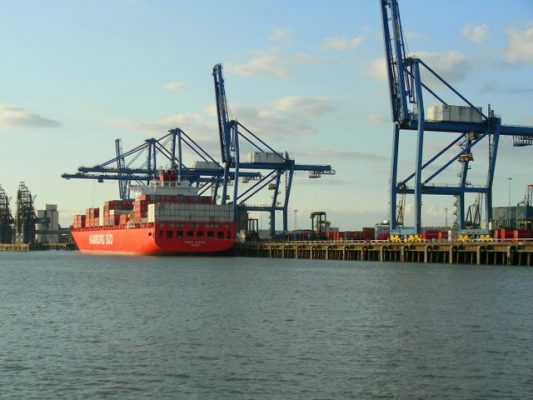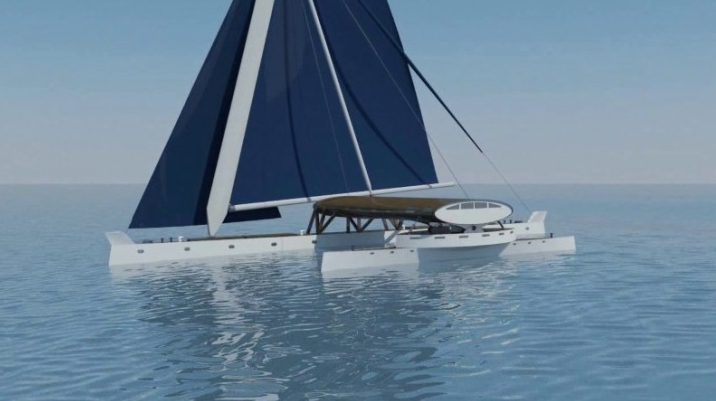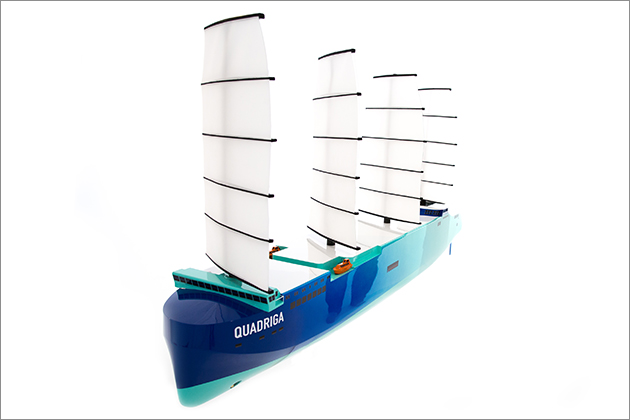UK government commits £6M to fund green technologies for maritime sector
The British government has announced it will invest £6 million to help fund innovative technologies and fuels to reduce maritime emissions
The UK government has committed to spend £6 million on developing and testing green technologies to help reduce emissions from the maritime sector.
Among the trials of energy saving devices which will benefit from the funding will be state of the art propellers, on board waste heat recovery and rotor sails that use wind power to cut fuel consumption.
In addition to funding trials, the government has also committed to providing technical backing and expertise through the Maritime and Coastguard Agency.
Two projects will benefit from this:
- Work in Scotland to prove the use of hydrogen fuel cells for ferries in the UK;
- Caledonian MacBrayne Ferries ongoing work to deliver innovative vessels such as hybrids, and their longer term efforts to prove the use of innovative propulsion and fuels for the next generation of ferries
In a media release, the Department for Transport said that by 2025, the majority of new ships would expected to be 30% more efficient than current designs.
Continues below…
Concept for zero emissions cargo ship unveiled
The Fair Winds Trading Company is in the research and design stage of the project. A model of the cargo…
Plans unveiled to build the world’s biggest sailing cargo ship
Lloyd's Register has announced it is joining the project to build the world's biggest sailing cargo ship - Quadriga
The 110m HEMY from Laurent Giles is revealed
The 110-metre High Efficiency Motor Yacht (HEMY) concept promises savings in fuel consumption and superior performance
Mayflower: the pioneering trimaran that will cross the Atlantic without crew
Shuttleworth Design, MSubs and Plymouth University are working on the Mayflower project, which aims to design, build and sail the…
Maritime transport emits around 1,000 million tonnes of CO₂ annually worldwide, and is responsible for about 2.5% of global greenhouse gas emissions.
If emissions from international shipping are not addressed, studies suggest they will account for almost a fifth (17%) of global emissions by 2050.

The Caledonian MacBrayne ferry, Argyle. Credit: Phil Sangwell/Wikimedia Commons
Following the announcement, Maritime Minister John Hayes said: “The UK is home to a wealth of expertise in maritime technology, but more needs to be done to move this sector towards a zero emissions world.That’s why this government is committed to backing vital technology to meet this goal, and we are looking to deepen our technical expertise to further support industry.”
The minister said the UK government has also been working closely with industry to develop international regulations to support liquid natural gas and other alternative fuels.
“Vessels fuelled with liquid natural gas are regularly refuelling in the UK at ports including Teesport, Southampton and Immingham,” said Hayes.
“The UK already has several hybrid ships operating in its waters. These systems offer local air quality benefits, can be quieter for port communities and provide opportunities for further energy efficiency on board a vessel,” he added.













